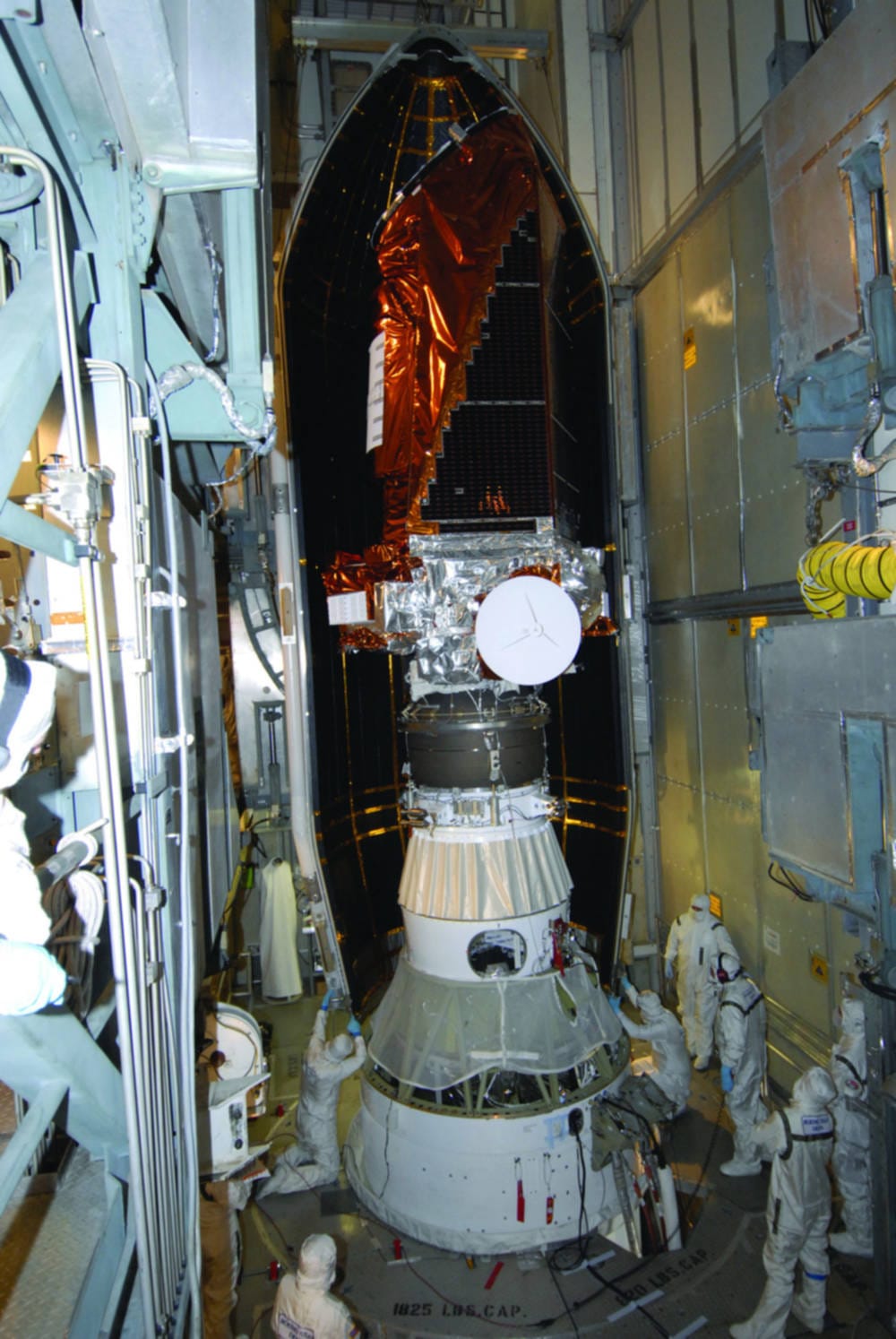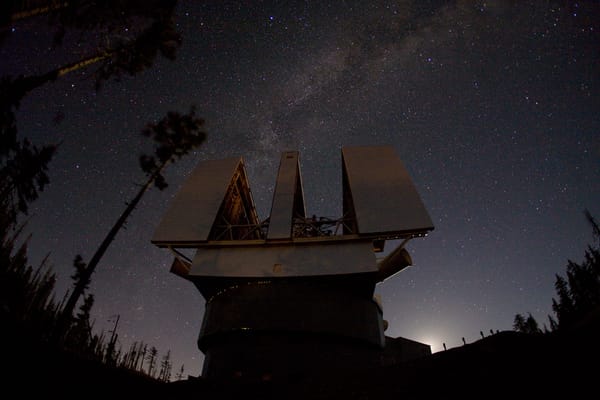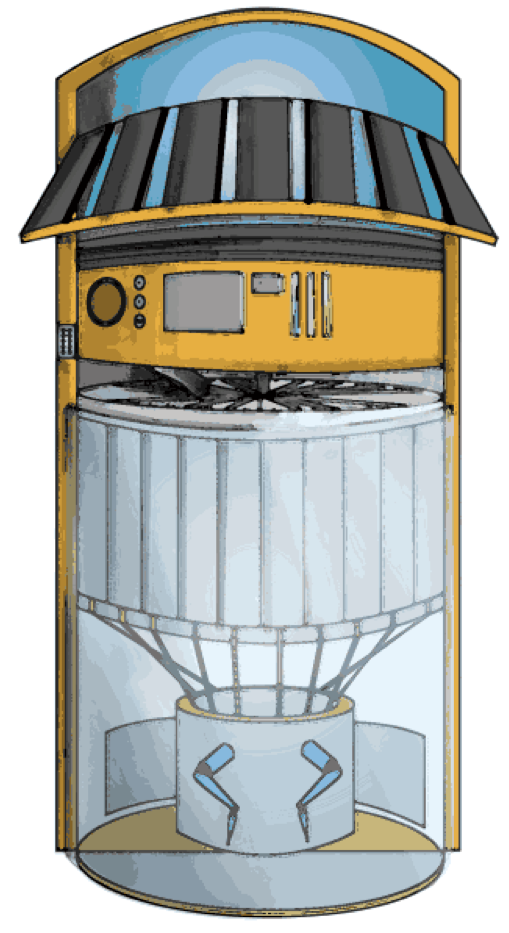7th rock from another sun
Looking at the Kepler Telescope's newest discovery

Discovering exoplanets nearly 20 years ago allowed physicists to change their view of the universe. We had always known that our Sun was not the only star in the wide universe, but then came confirmation that there are star systems like ours too, with planets of all sizes orbiting one, two or three stars at a time. Now one dwarf star in particular, KIC 11442793 (catchy name!), may hold a record for the most number of exoplanets, with two separate research groups finding a seventh orbiting the star.
Chris Lintott from the University of Oxford led one research group, who used data gathered from NASA’s space telescope, Kepler, to discover this latest exoplanet. The team have submitted their research paper to be peer reviewed in the Astronomical Journal. Lintott has high hopes, saying, “With a transiting system, once you get multiple planets, the odds of them being false positives are very small.”
The star itself is just a stone’s throw away from Earth at 2500 light years, and has been noted to bear similarities to our own. One difference though is the fact that all of the planets orbit much closer to their star - this new planet has an orbit of only 125 days, but is almost 3 times as large as the Earth, by diameter. “It actually looks like our Solar System in one sense, with small planets on the inside and big planets on the outside … That’s not necessarily what we always see,” said co-author Robert Simpson, also from Oxford University.
An interesting point to note is that because all of the planets orbit relatively closely to the star, previous detection methods should have been able to predict the seventh exoplanet. As Dr Lintott put it, “Everything we know about this system tells us it should have been found using the automatic detection routines. But it wasn’t.”
Seven star systems can be quite complicated to deal with and the calculations that need to be performed can become lengthy. Looking for the right transit of the planets “seems like a task that’s perfectly designed for computers. But we keep finding, in these niche cases, in these odd cases, in these complicated cases that humans can beat the computers.”








